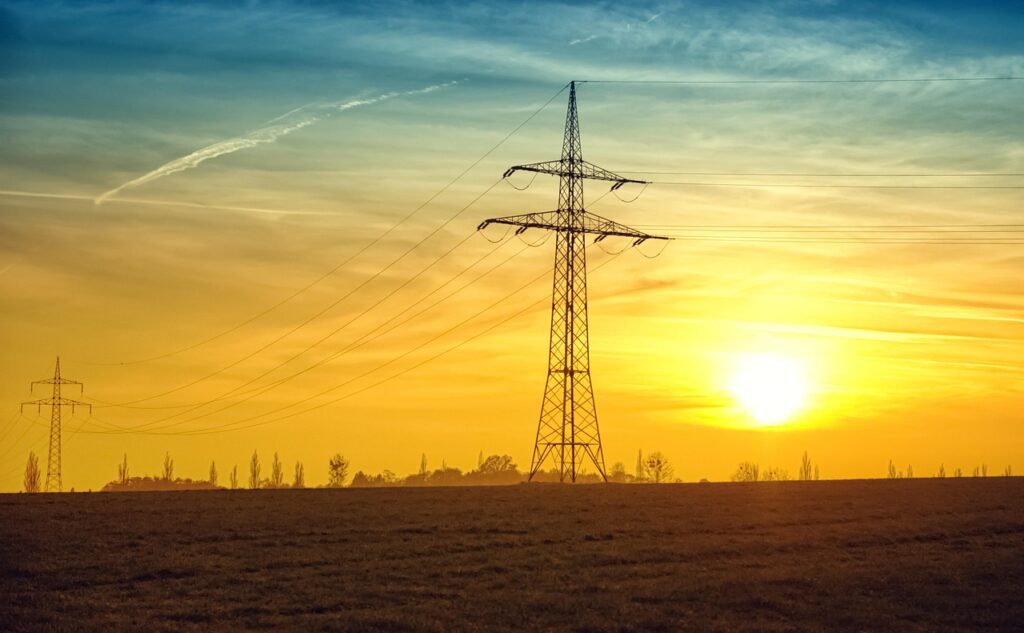According to the International Energy Agency (IEA), the global power grid expansion is faltering as a result of escalating costs.
In recent years, the energy sector has witnessed significant investment and an urgency to transform infrastructure to accommodate renewable energy sources. But the latest data indicates these advancements may not keep pace with demand.
The IEA’s latest report highlights that costs associated with power grid expansion have soared by an average of 15% worldwide over the past year. This rise is attributed to several factors including increased prices for raw materials such as copper and aluminum, as well as labor shortages impacting project timelines and budgets.
Furthermore, the shift toward more sophisticated grid systems to support decentralized energy models presents additional financial demands. These networks, essential for integrating renewable energy, require advanced technologies and significant alterations to existing infrastructure, thereby inflating expenses further.
The global demand for electricity is projected to increase by approximately 3% per annum, compounding the necessity for rapid grid improvements. Yet, these financial barriers could stall critical upgrades, impacting both energy security and climate goals. Notably, regions heavily reliant on legacy power systems face an even steeper climb.
The IEA reports that countries still largely dependent on coal face higher costs in transitioning to sustainable energy models due to the extensive modifications needed to accommodate renewables. Solutions proposed by the IEA include enhancing international collaboration to stabilize raw material prices and investing in workforce development to mitigate labor shortages.
Additionally, the agency emphasizes the potential of digital technologies to optimize grid management and efficiency, suggesting that smart grid innovations could serve as a cost-effective pathway to modernize aging infrastructures.
However, the implementation of such technologies requires upfront capital investment and sophisticated cybersecurity measures, potentially posing a challenge for cash-strapped economies. Despite these hurdles, there is optimism about the role of emerging markets in driving innovation and cost reductions.
By adopting cutting-edge technologies and new financing models, these markets could lead by example, paving the way for more affordable and sustainable grid improvements globally.
Stay updated on the latest in energy! Follow us on LinkedIn, Facebook, and X for real-time news and insights. Don’t miss out on exclusive interviews and webinars—subscribe to our YouTube channel today! Join our community and be part of the conversation shaping the future of energy.
